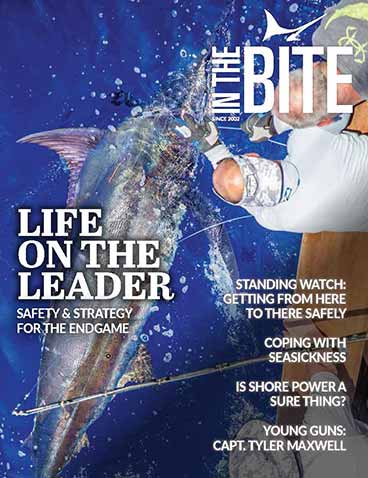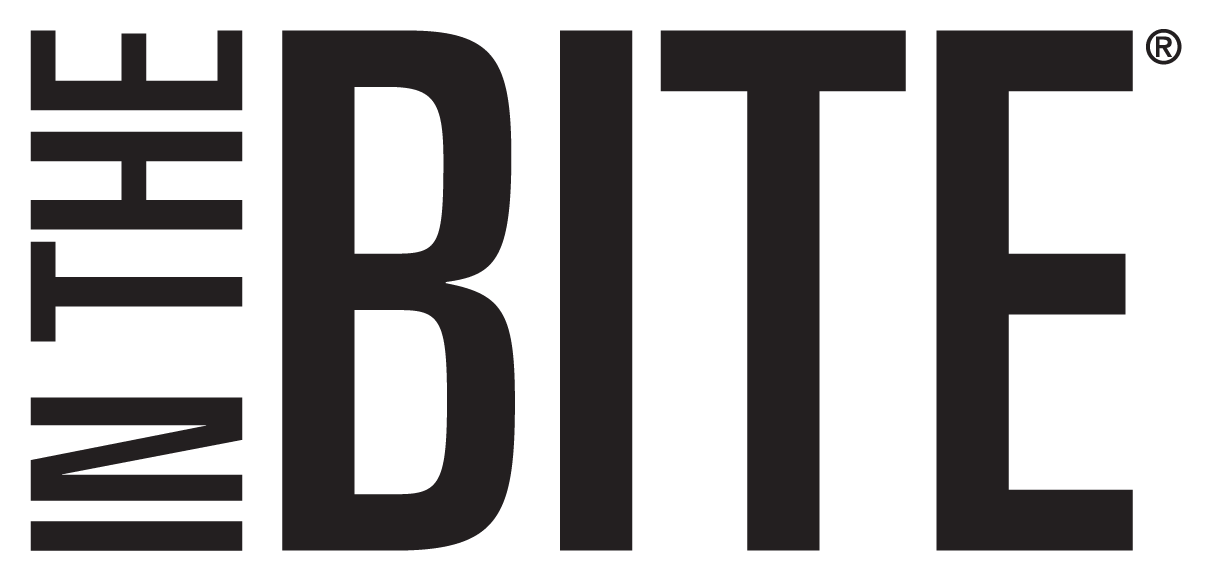Word of mouth, the grapevine, scuttlebutt, back fence talk… there are many terms for what we call dock talk in our industry (or dock lore when it been around long enough). It is inevitable and can even be beneficial. We want people talking about all the wonderful products we use, the latest technology and the newest boats on the water. It also provides an avenue for open discussion, and a lot can be learned when people share experiences and lessons learned.
However, dock talk can help spread erroneous information as well. Opinions abound, and while some are warranted, others, quite honestly, can make no sense whatsoever and are not based in fact. And we have all been guilty of it at one time or another.
Perhaps it’s mostly harmless, like a slight exaggeration on top speed or how many fish were on the lines that day. But problems arise when speculation spreads about a negative aspect with no context.
Take for instance the following example. A new build goes on the hard after the first splash; the owner is looking for a bit more speed. The builder adds a couple strakes to create some lift, hopefully reducing drag. This is a reasonable approach. The boat goes back in the water and two knots are gained. Everyone starts talking about the strakes and what they did. However, what is not discussed is that the propellers were tweaked, adding pitch, and the rudders toe-in was adjusted. The reality is that all three modifications got us the two knots speed increase. To conclude that the strakes resulted in the higher speed alone would be incorrect.
Often, it’s a discussion on a subjective topic. This could include wetness or even ride quality. These are vessel qualities that can be measured, but are often subjectively discussed with no baseline for comparison. One individual could describe a craft as a soft, dry ride while someone else feels it provides a hard ride with spray all over the eisenglass. But neither describes the conditions when they ran, which obviously has a profound impact on these behaviors. Then word of mouth takes over, and rumors abound.
I remember for years, industry folks, including some owners, captains and builders swore that hulls with propeller tunnels couldnt raise fish. Maybe it was the wake patterns, or the different vibration profile or who knows what, but everyone who believed this had their own reasoning. Tournaments are filled with winning boats with tunnels, of various arrangements and they are quite commonplace now. Maybe it has more to do with the captain and mate in this instance.
Another example of how misinformation can spread can occur when troubleshooting an issue. For example, let say a new build is exhibiting unpredictable behavior at speed. Perhaps a dynamic instability is observed near top speed”the bow drops and she heels over. After review, a few issues are identified. These include rudders that may be getting ventilated due to an underwater exhaust system and a large, heavy piece of equipment that is installed much further forward than expected. It is noted that the chine edges were finished with a significant amount of roundness and are not sharp like they should be. Any one of these could contribute to the undesirable behavior. Ideally, each one of these potential issues are addressed one at a time, with sea trials following each modification. It is in this way that the actual cause of the issues can be identified. However, most owners and yards, understandably, want to make all recommended corrections at once. This makes sense from a schedule and cost standpoint. So all three potential causes are addressed at once. The vessel is put back in the water, and she runs with no issues. The owner is happy, we all want that. However, what was the actual cause? We cant really know for sure, and this is where dock lore can rush in. It only natural that all involved have their own opinions. And these can be spread, perhaps with the best intentions, but can also be totally false.
Word of mouth is important in most businesses. And it is natural for us to want to share our successes, and, at least quietly, discuss lessons learned. But care should be used when sharing opinions, especially when they are negative in nature. Usually, intentions are harmless, but reputations can be affected. Sharing information can help us all and be a positive for the industry as a whole. So let celebrate our own and others success stories and share information based on real data. This is part of what makes our industry so exciting.













